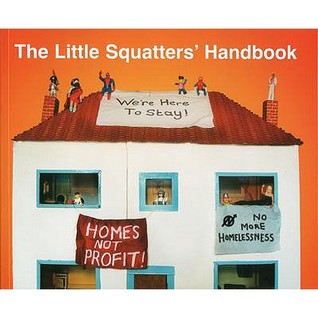This book addresses the tensions of existing theories and practices of inclusive education from an …
Soon after the Salamanca Statement, another important UNESCO document, the International Standard Classification of Education (ISCED) (UNESCO, 1997), sought to clarify the language used in the Statement and officially put an end to the notion of “Special Education” in favor of “Special Needs Education,” thus reinforcing the move from segregation to inclusion. It was then that the notion of Special Needs Education began to incorporate other minorities at risk of school failure, beyond “handicapped categories,” but still needing additional support (UNESCO, 1997).
— The Future of Inclusive Education by Valentina Migliarini, Brent C. Elder
... Sorry, but as someone who spent a lot of time working within the field of 'special needs education', I would like to have someone tell me precisely what tangible difference it made to reclassify "special education" as "special needs education."
Because it didn't really make any tangible difference. If anything, it started reclassifying kids in ways that segregated them further (even while mainstreaming them), and it also still invokes the idea of any person's needs being inherently "special." That designation of "special" is the core problem because people act like it really means "unnecessary" when they are incredibly necessary.
A multilingual child who struggles with the language of instruction because it is their fourth language and is new to them does not have "special" needs; they just have needs that are different from everyone else who speaks the language of instruction as their first language. A child who is …
... Sorry, but as someone who spent a lot of time working within the field of 'special needs education', I would like to have someone tell me precisely what tangible difference it made to reclassify "special education" as "special needs education."
Because it didn't really make any tangible difference. If anything, it started reclassifying kids in ways that segregated them further (even while mainstreaming them), and it also still invokes the idea of any person's needs being inherently "special." That designation of "special" is the core problem because people act like it really means "unnecessary" when they are incredibly necessary.
A multilingual child who struggles with the language of instruction because it is their fourth language and is new to them does not have "special" needs; they just have needs that are different from everyone else who speaks the language of instruction as their first language. A child who is dyslexic does not have "special" needs; they just have needs that other children may not have. A child who uses a wheelchair full-time to move around the school does not have "special" needs; they just require different structures to be implemented within their surrounding environment.
But that does not mean the strategies taught to them, developed with them, or built into the environment for them are entirely useless to others. Because they aren't.
But sure, adding the word "needs" made that tangible difference of viewing their educationally differently.















